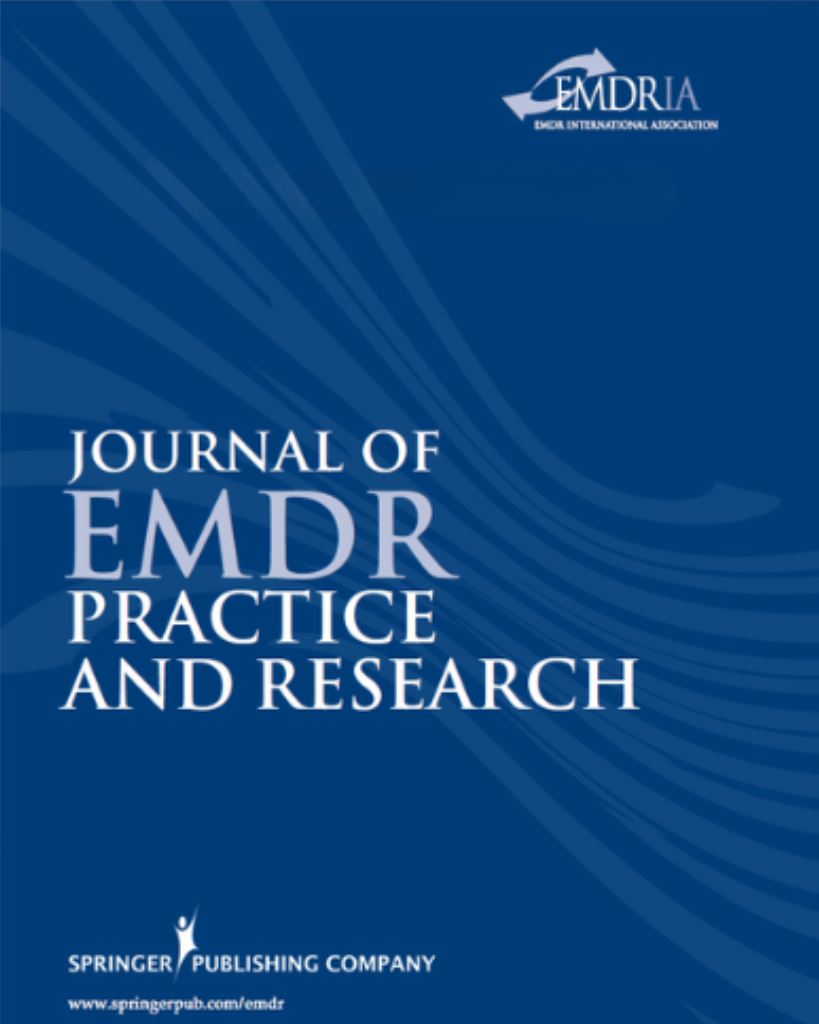Reducing the Emotionality of Auditory Hallucination Memories in Patients Suffering From Auditory Hallucinations
EMDR is potentially beneficial for psychotic patients suffering from disturbing emotional auditory memories of auditory hallucinations.
Article Abstract
“Eye movement desensitization and reprocessing (EMDR) therapy targets emotionally disturbing visual memories of traumatic life events, and may be deployed as an efficacious treatment for posttraumatic stress disorder. A key element of EMDR therapy is recalling an emotionally disturbing visual memory while simultaneously performing a dual task. Previous studies have shown that auditory emotional memories may also become less emotional as a consequence of dual tasking. This is potentially beneficial for psychotic patients suffering from disturbing emotional auditory memories of auditory hallucinations. The present study examined whether and to what extent emotionality of auditory hallucination memories could be reduced by dual tasking. The study also assessed whether a modality matching dual task (recall + auditory taxation) could be more effective than a cross modal dual task (recall + visual taxation). Thirty-six patients suffering from auditory hallucinations were asked to recall an emotionally disturbing auditory memory related to an auditory hallucination, to rate emotionality of the memory, and to recall it under three conditions: two active conditions, i.e., visual taxation (making eye-movements) or auditory taxation (counting aloud), and one control condition (staring at a non-moving dot) counterbalanced in order. Patients re-rated emotionality of the memory after each condition. Results show the memory emotionality of auditory hallucinations was reduced and the active conditions showed stronger effects than the control condition. No modality-specific effect was found: the active conditions had an equal effect.”
—Description from publisher
Article Access
Open Access
Matthijssen, S. J. M. A., Heitland, I., Verhoeven, L. C. M., & van den Hout, M. A. (2019). Reducing the Emotionality of Auditory Hallucination Memories in Patients Suffering From Auditory Hallucinations. Frontiers in Psychiatry, 10. https://doi.org/10.3389/fpsyt.2019.00637
Date
September 17, 2019
Creator(s)
Suzy Johanna Martina Adriana Matthijssen, Ivo Heitland, Liselotte C. M. Verhoeven
Contributor(s)
Marcel A. van den Hout
Topics
Psychosis/Schizophrenia
Extent
12 pages
Publisher
Frontiers
Rights
Copyright © 2019 Matthijssen, Heitland, Verhoeven and van den Hout. This is an open access article distributed under the terms of the Creative Commons Attribution License (CC BY). The use, distribution or reproduction in other forums is permitted, provided the original author(s) and the copyright owner(s) are credited and that the original publication in this journal is cited, in accordance with accepted academic practice. No use, distribution or reproduction is permitted which does not comply with these terms.
APA Citation
Matthijssen, S. J. M. A., Heitland, I., Verhoeven, L. C. M., & van den Hout, M. A. (2019). Reducing the Emotionality of Auditory Hallucination Memories in Patients Suffering From Auditory Hallucinations. Frontiers in Psychiatry, 10. https://doi.org/10.3389/fpsyt.2019.00637
Audience
EMDR Therapists, Other Mental Health Professionals
Language
English
Content Type
Article, Peer-Reviewed
Access Type
External Resource, Open Access




